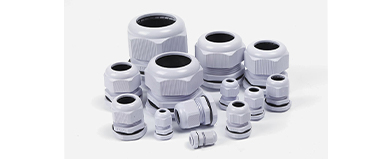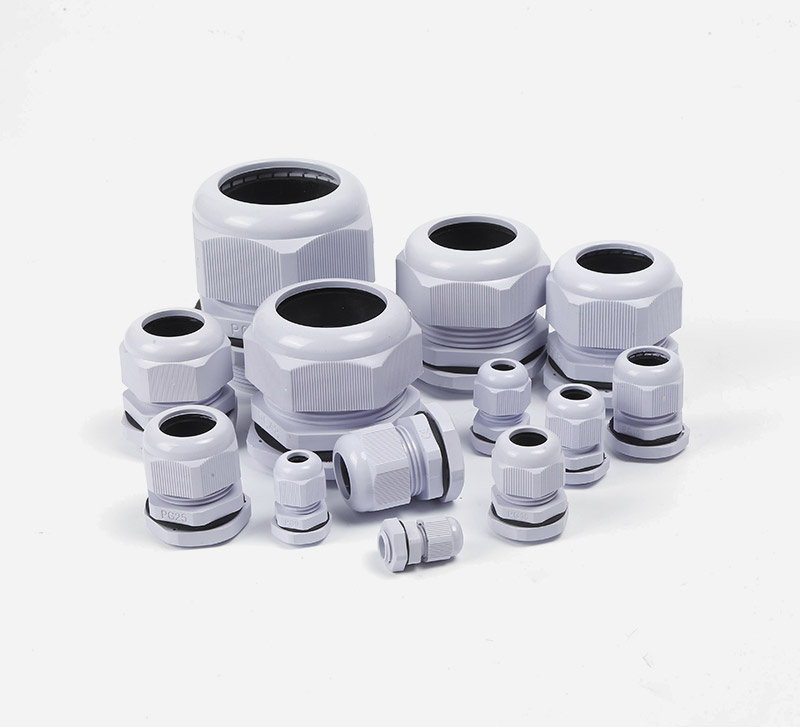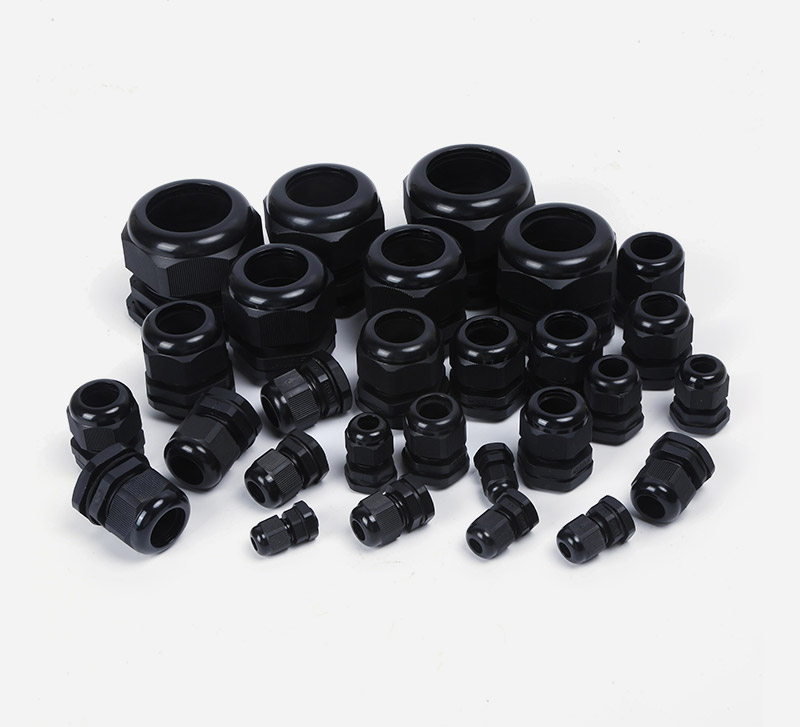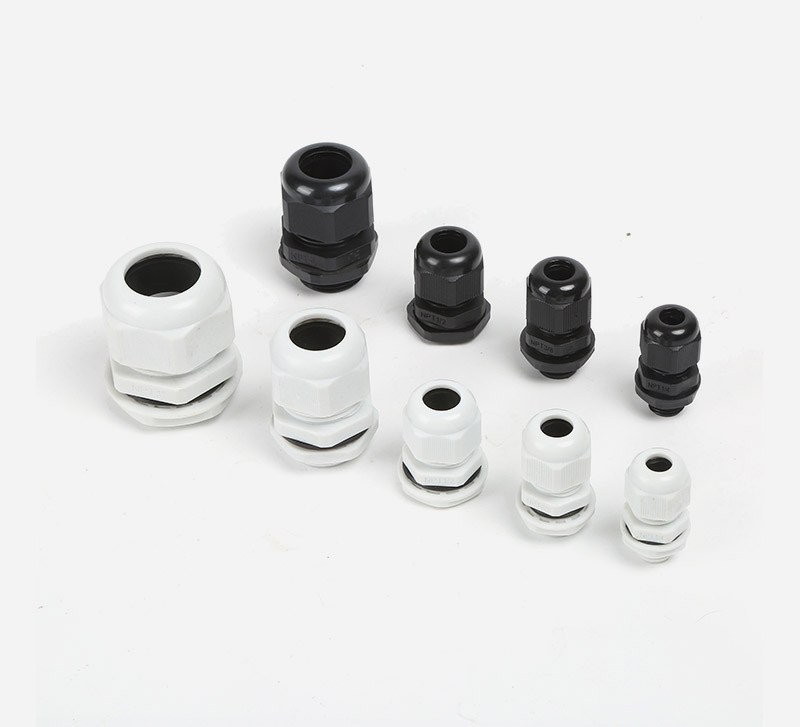Why Are Explosion-Proof Brass Cable Glands the Default Choice for Hazardous Environments with Explosion Risks?
Hazardous environments pose life-threatening risks: flammable substances form explosive atmospheres, electrical equipment creates ignition sources like sparks or heat, and harsh conditions damage ordinary components. These risks make cable management critical for safety—and explosion-proof Brass Cable Glands are the default choice, as they directly neutralize these threats.
The Core Risks of Explosion-Prone Environments
To understand why Brass Cable Glands work, first clarify the dangers ordinary glands can’t handle:
Explosive Atmospheres: Flammable substances linger in the air or settle on surfaces, creating conditions where even a small trigger can cause blasts. Any gap in cable protection lets these substances reach ignition sources inside electrical enclosures.
Ignition from Cables: Cables generate heat during operation; if heat builds up, it can ignite flammables. Loose or poorly sealed cables also spark—enough to set off explosions in explosive atmospheres. Ordinary glands often melt or crack under heat, worsening the issue.
Environmental Wear: Vibrations loosen components, corrosive substances break down seals, and moisture causes rust. Over time, ordinary glands fail, opening the door to explosions.
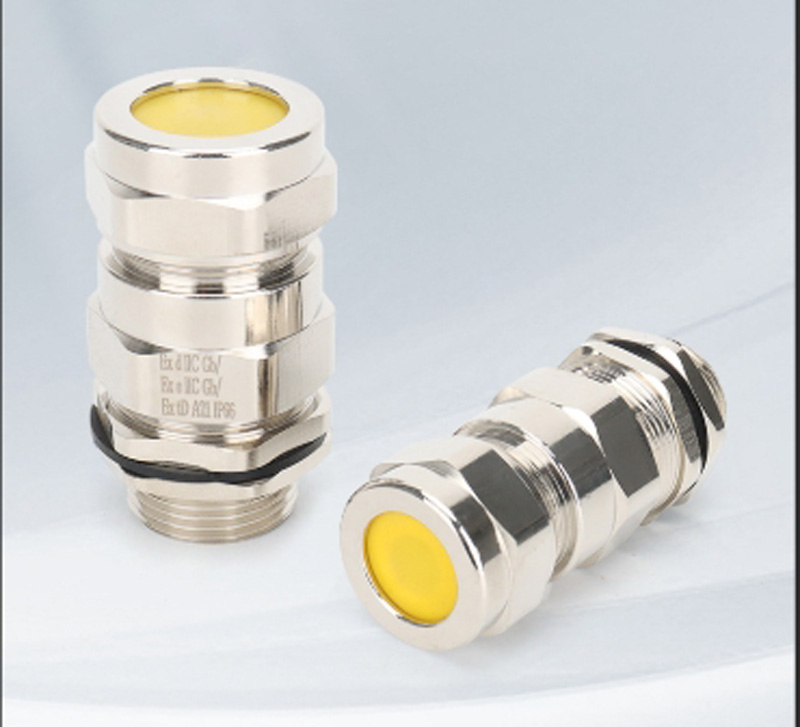
How Explosion-Proof Brass Cable Glands Counter These Risks
Brass Cable Glands are engineered to target each core risk:
Sealed Design Blocks Flammable Substances: They use precise, threaded seals to create an airtight barrier. This stops flammables from seeping through the gland into electrical enclosures, cutting off the “fuel” for explosions.
Brass Material Prevents Ignition: Brass is a strong thermal conductor—it dissipates cable heat quickly, keeping temperatures below the ignition point of flammables. Unlike plastic, it doesn’t melt or deform under heat, so cable connections stay tight and spark-free.
Durability Resists Environmental Wear: Brass has high mechanical strength, so it doesn’t loosen or crack from vibrations. It also resists corrosion and moisture, keeping seals intact long-term. This avoids frequent replacements (and the safety risks of installation mistakes).
Compliance with Strict Safety Standards
Hazardous environments require components to meet global safety standards. These standards test for explosion containment, corrosion resistance, and ability to handle specific hazard levels. Explosion-proof Brass Cable Glands are certified to meet these rules—they’re not just “safe by design,” but legally compliant. This makes them a necessary choice for industries operating in high-risk areas.
Conclusion
Explosion-proof Brass Cable Glands are the default choice because they eliminate the risks that cause explosions: they block flammables, prevent ignition, resist wear, and meet safety standards. In environments where failure leads to disaster, their ability to counter every threat makes them essential.
If your workplace faces the explosion risks mentioned earlier and needs reliable explosion-proof cable management solutions, our Explosion-proof Brass Cable Glands meet strict safety standards. For their specifications, certifications and how they fit your needs, visit our product page.




